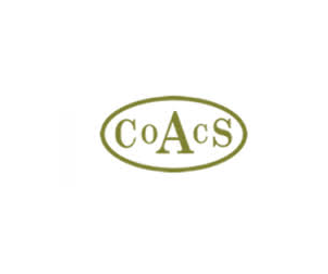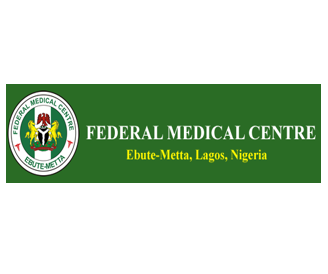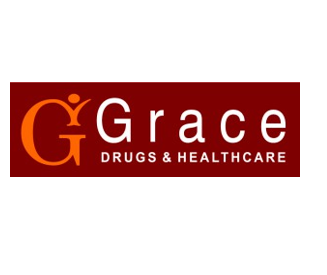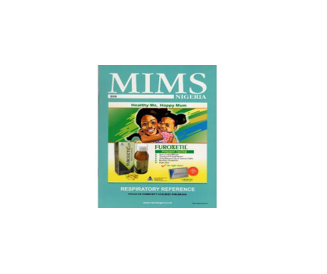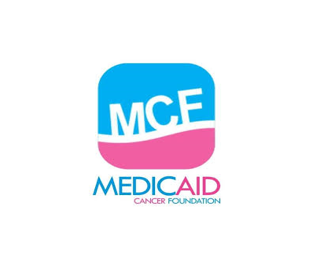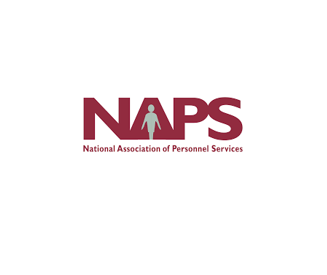![]()
Effective Communication Skills: Unlock Your Potential
In today’s interconnected world, strong communication skills are more essential than ever. Whether in personal relationships or professional settings, effective communication is the key to building relationships, resolving conflicts, and achieving personal and organizational success.
Effective communication in health care, unlike the telephone, isn’t a game! Effective communication in health care can make a life-or-death difference! Healthcare professionals can benefit from learning more about communication in health care, barriers to communication in health care, and evidence-based strategies for effective communication in health care today.
Our comprehensive Communication Skills program is designed to empower individuals with the tools and techniques they need to become effective communicators. Whether you’re looking to improve your public speaking abilities, enhance your active listening skills, or master the art of persuasive communication, our courses have got you covered.
Key topics covered in our Communication Skills program include:
– Active Listening: Discover how to truly listen and understand others, creating deeper connections and fostering strong relationships.
– Effective Verbal Communication: Learn to express yourself clearly, confidently, and concisely, ensuring your message is understood.
– Nonverbal Communication: Understand the power of body language, facial expressions, and gestures, and learn to use them to your advantage.
– Emotional Intelligence: Develop empathy and enhance your ability to navigate emotions in both yourself and others, leading to better communication outcomes.
– Conflict Resolution: Gain techniques for managing conflicts and turning them into opportunities for collaboration and growth.
– Persuasive Communication: Master the art of influencing others and delivering compelling messages that resonate with your audience.
Through interactive lectures, role-playing exercises, and real-life case studies, our experienced instructors will guide you on a journey towards communication excellence. Our practical approach ensures that you can apply the skills learned in our courses to various personal and professional scenarios effectively.
Whether you’re a student, business professional, or someone looking to enhance their overall communication skills, our program will equip you with the confidence and proficiency needed to be a standout communicator in any situation.
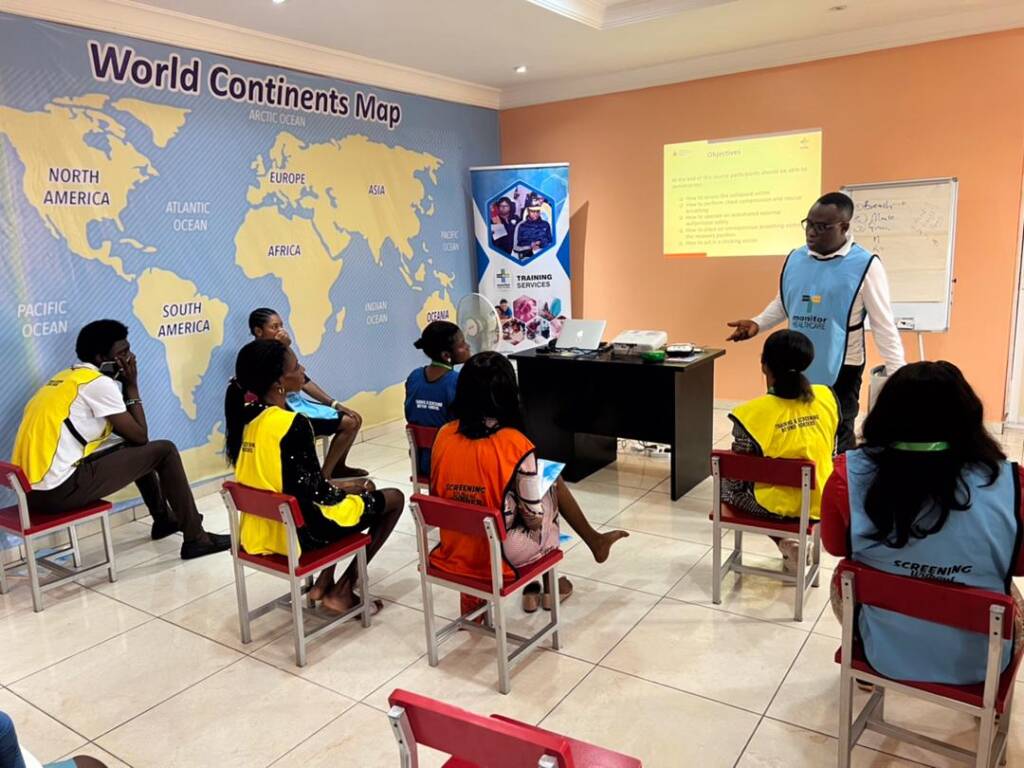
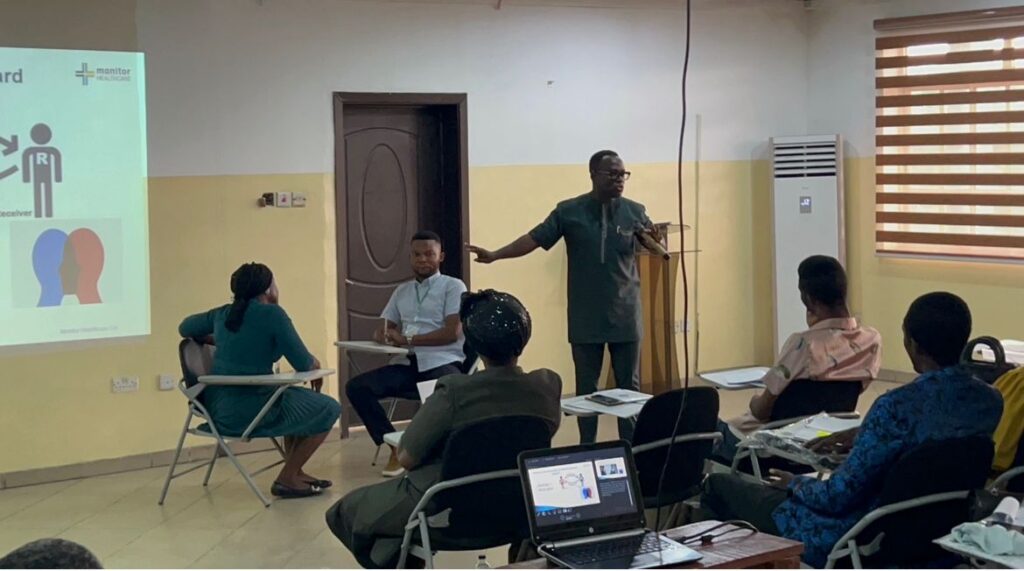
Collectively, medical professionals have a wealth of knowledge and expertise. That wellspring goes untapped when providers rush from one appointment to the next without allowing themselves time to listen and communicate effectively with patients, when patients feel unsafe, when care teams store medical information improperly, or when health organizations fail to employ interpreters for cross-cultural communications.
Skillful communication is essential to health care. Clear, honest communication between patient and provider paves the way for accurate diagnoses and treatment decisions. Similarly, clear, confidential communication between members of a care team (which often includes patients and multiple providers) results in swiftly and ethically delivered care without breaching confidentiality.
Providers can help patients feel heard, ease their fears, and encourage them to disclose relevant information by having to first identify how this is currently being accomplished. Health care aims to maintain and improve patients’ conditions with respect to disease, injury, functional status, and sense of well-being. The accomplishment of these aims is predicated upon a strong patient-clinician partnership, in which the insights of both parties are drawn upon to guide the delivery of the best care, tailored to individual circumstances. An important component of this partnership is effective patient-clinician communication!
Healthcare providers should understand that effective communication in healthcare organizations starts with recognizing the importance of listening to one another.
Our Partners









